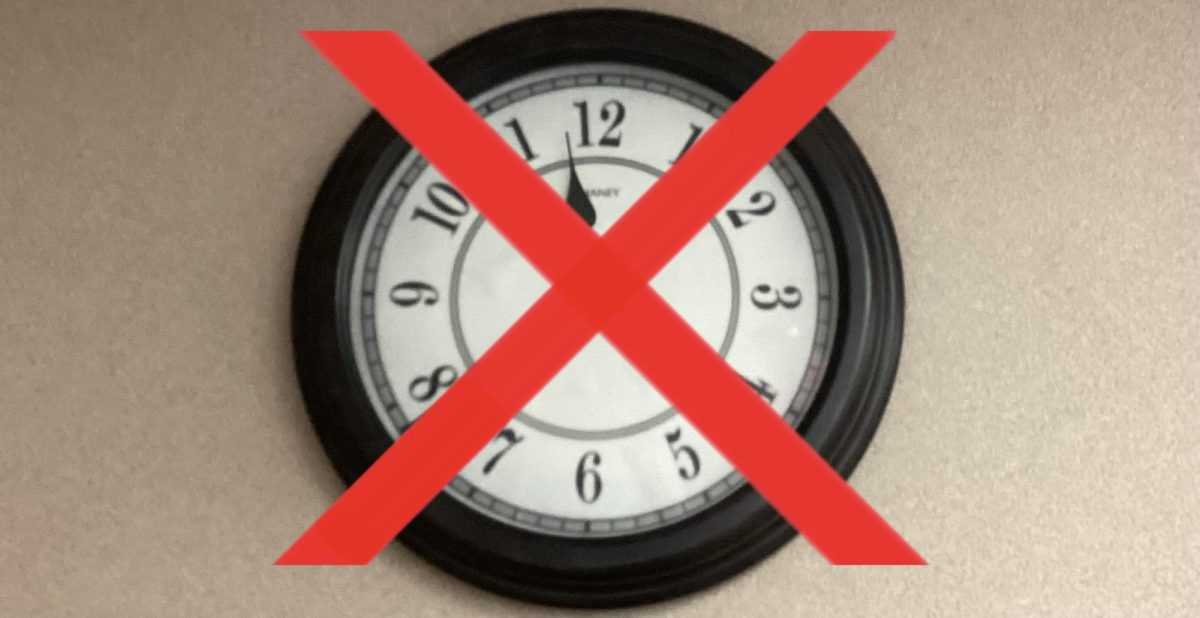“Spring forward; Fall back”: It’s been two weeks since Daylight Savings Time went into effect, but many still can’t shake that the one-hour “jet lag” feeling–or the feeling that changing the clocks twice a year is completely unnecessary.
Daylight Saving Time remains a controversial subject on all levels. Since its inception in 1918 as part of the Standard Time Act, many working-class citizens have opposed the practice of setting the clocks forward due to the sleep deprivation-like effect it has on the mind.
When time jumps forward by 60 minutes in the blink of an eye, it messes with the circadian rhythm of human brain for numerous reasons. The most notable of which is the delayed release of melatonin by the brain. Due to the sun setting later in the day, melatonin will not be released until the brain recognizes it is dark outside. While people consciously know that it is late, the peripheral part of the brain has no idea that it is on Daylight Saving Time.
With DST, an hour of daylight is gained towards the evening. However, longer evenings come at a price: another hour of darkness in the morning. The lack of daylight in the morning causes the body to release less serotonin, the chemical that is responsible for boosting mood. Lack of serotonin can lead to decreased mood, increased fatigue, and less productivity.
While chemical-level changes are definitely the most significant events that occur during DST, the mental health effect can be just as great, if not greater. While cell phones and watches are typically synced to satellites, most wall clocks are not. Thus, the dread of knowing that every clock in the house, school, or place of business has to be set forward is enough to put some people in a momentary tailspin. EHS Sophomore Stephen Blacklaw, just like many others, cannot understand the point to this time-honored practice. “I think it’s one of the stupidest things out there!” he asserts. “It’s like if the opposite of sliced bread existed.”
With DST, the question of whether the benefits outweigh the negatives needs to be addressed. During DST, the amount of energy required to power lights, heaters, and other sunlight-related household appliances decreases by as little as 1% and as much as 6%. In terms of the economic benefits, a study by JP Morgan Chase showed that economic activity drops as much as 4.9% during Standard Time.
Even though significant drawbacks to switching the clocks exist everywhere, any legislation to repeal or adjust the Standard Time Act has been shot down or stalled in one of the branches of government. States–including Illinois, Michigan, Ohio, and Kentucky–have tried to take matters into their own hands by switching to “permanent Daylight Savings Time.” These sneaky attempts by over two dozen states were ultimately unsuccessful because of a clause in the Uniform Time Act of 1966 that prevents states from switching to permanent Daylight Saving Time.
There is hope for DST opposers. The Sunshine Protection Act proposed by Senator Marco Rubio (R-FL) in 2023 is the only pending legislation that would directly make DST permanent, completely eliminating any time changes. “I work for a landscaping company, so the extra hour of daylight really helps,” says Elkhart High School Senior Cayden Poppe. “We work 16-hour days sometimes, and it is not fun to landscape and mow lawns in the dark.” The Sunshine Protection Act would allow outdoor workers, like Cayden Poppe, to work for an extra hour, bringing in more profit and service. “The Sunshine Protection Act would let me make more money, so I would vote in favor of it.”
A summary of the bill outlines that a permanent switch to DST would reduce vehicle crashes and car accidents involving pedestrians, increase overall physical fitness, and cut the number of robberies by 27%. Though the Sunshine Protection Act has been stalled in Congress since last year, supporters are hopeful for a vote in 2024.
Though Daylight Savings Time will likely never go away completely in favor of Standard Time, its permanence year-round is still up for debate by U.S. lawmakers. The only comfort many can fall back on is that Nov. 3 is only eight months away!



























Chad G. Petite • May 5, 2024 at 9:32 pm
you make some great points here. can i see your works cited to do further research?